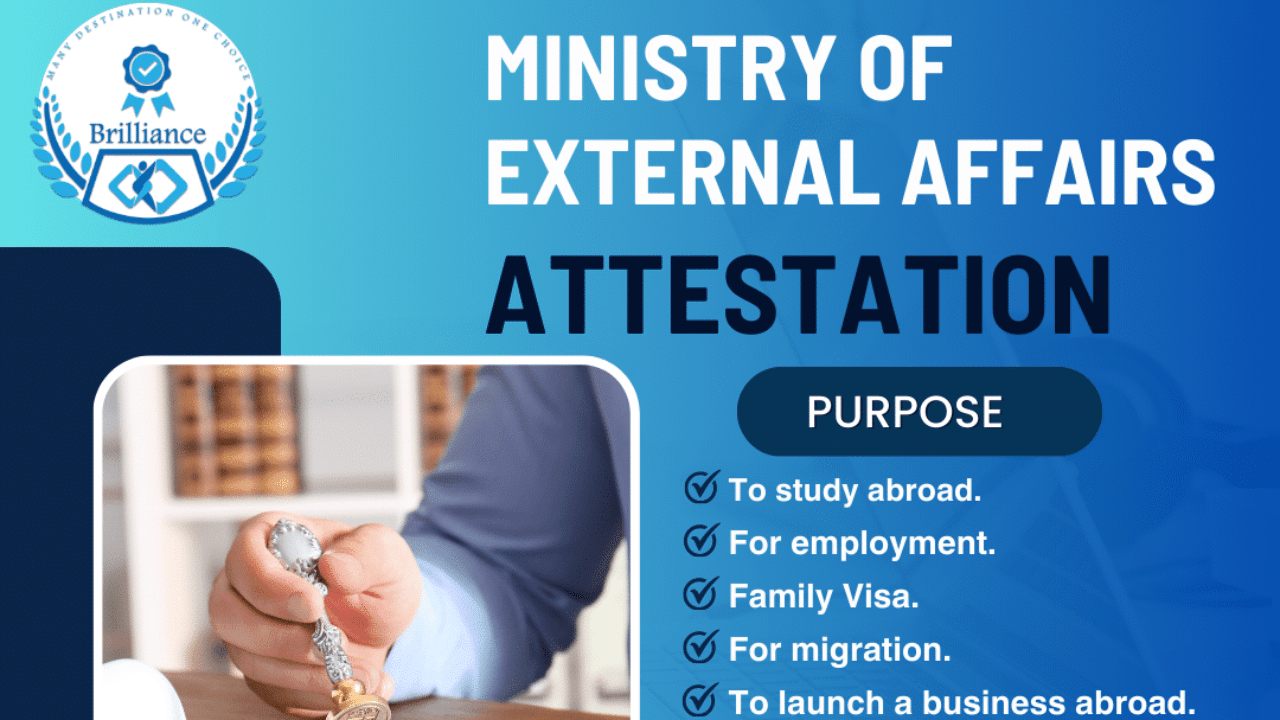



- March 5, 2024 12:22 pm
- Bengaluru South, Karnataka, India
Understanding The Process of Attestation From The Ministry of External Affairs. MEA attestation refers to the process of authenticating and verifying the genuineness of documents by the Ministry of External Affairs (MEA) of a country.
Attestation from Ministry of External Affairs is typically required for documents that are intended to be used in foreign countries for various purposes, such as employment, education, business, or personal matters.
The MEA attestation procedure involves several steps, which may vary depending on the specific requirements of the country where the documents will be used.
Here is a general overview of the process:
1. Notarization: The first step is to get the documents notarized by a notary public. This ensures that the documents are genuine and authentic.
2. Home Department Attestation: After notarization, certain documents may need to be attested by the respective state Home Department or the equivalent authority. This step verifies the authenticity of the notary s signature and seal.
3. MEA Attestation: Once the Home Department attestation is obtained, the documents are submitted to the Ministry of External Affairs or its authorized department. The MEA verifies the signature and seal of the state Home Department and authenticates the documents accordingly. The MEA attestation can be done through physical submission or online, depending on the process of the specific country.
4. Embassy/Consulate Attestation: In some cases, after obtaining the MEA attestation, the documents may need to be further attested by the embassy or consulate of the country where they are intended to be used. This step provides an additional level of authentication and verification by the foreign government.
5. Apostille (if applicable): If the country where the documents will be used is a member of the Hague Convention, an apostille may be required instead of embassy attestation.
An apostille is a simplified form of authentication that is recognized by all member countries. It s important to note that the specific requirements and procedures for MEA attestation can vary depending on the country and type of document.
It s advisable to consult the embassy or consulate of the destination country or seek assistance from professional service providers to ensure that you follow the correct process and meet all the necessary requirements.
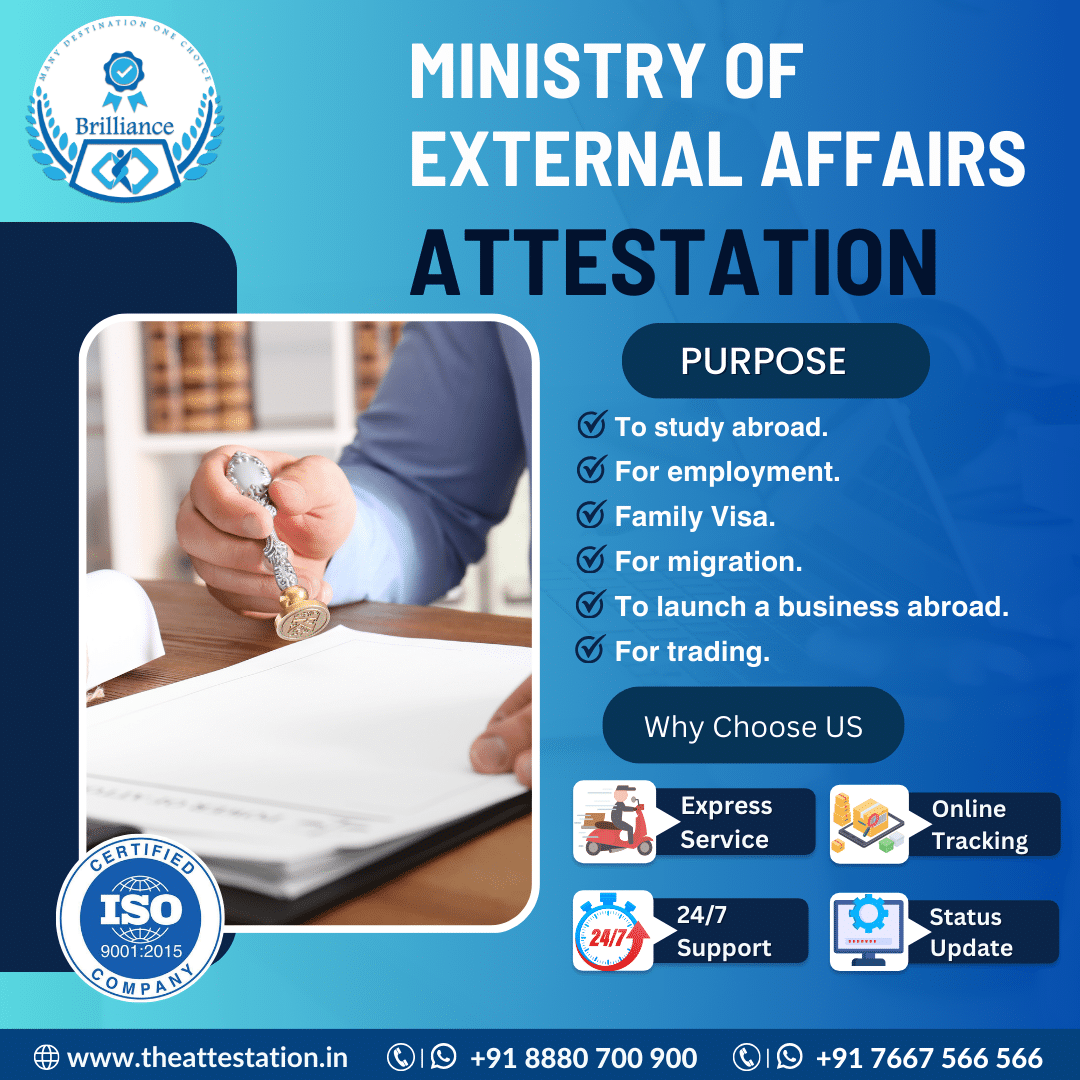
Location
Related Ads
Need Legal Support? Hire Legal Assistant Today!
- 4 days ago
- California, USA
- 11 Views
Explore Canadian Pardon Eligibility with Us Entry Waiver Services
- 6 days ago
- Canada
- 11 Views
Best Property Lawyer in Andheri Mumbai
- 1 week ago
- Mumbai - Andheri, Maharashtra, India
- 10 Views
Best Money Recovery Lawyer in Mumbai
- 2 weeks ago
- Mumbai - Andheri, Maharashtra, India
- 10 Views
Patent Drawings Company in USA and Canada | InventionIP
- 3 weeks ago
- Ghaziabad City, Uttar Pradesh, India
- 17 Views
Privacy Law Compliance in Delhi
- 3 weeks ago
- Ghaziabad City, Uttar Pradesh, India
- 15 Views
GDPR Legal Compliance in Delhi
- 3 weeks ago
- Ghaziabad City, Uttar Pradesh, India
- 15 Views
Cheating Case Lawyer at Andheri West Mumbai
- 3 weeks ago
- Mumbai - Andheri, Maharashtra, India
- 23 Views
Understanding Qatar Embassy Attestation
- 4 weeks ago
- Bengaluru South, Karnataka, India
- 22 Views
What You Need To Know About Los Angeles Criminal Defense Attorney
- 4 weeks ago
- California, USA
- 21 Views
New Jersey Truck Accident Lawyer | Truck Accident Attorney Clifton NJ
- 4 weeks ago
- New Jersey, USA
- 27 Views
Artificial Intelligence Laws in Delhi
- 4 weeks ago
- Ghaziabad City, Uttar Pradesh, India
- 16 Views
Cyber Crime Investigation in Delhi
- 4 weeks ago
- Ghaziabad City, Uttar Pradesh, India
- 20 Views
Ensuring Legitimacy – SSLC Certificate Attestation Process
- 4 weeks ago
- Bengaluru South, Karnataka, India
- 22 Views
Certifying Transitions – Transfer Certificate Attestation Process
- 1 month ago
- Bengaluru South, Karnataka, India
- 13 Views
Family Lawyer in Delhi | Vakeel At Home
- 1 month ago
- Delhi Cantonment, Delhi, India
- 27 Views
Best Car Accident Lawyer in New Jersey | Lawyers For Car Accidents
- 1 month ago
- New Jersey, USA
- 34 Views
Best Divorce Lawyer in Ahmedabad | Akanksha Tiwari Law Associates
- 1 month ago
- Ahmadabad City, Gujarat, India
- 26 Views
Sexual Harassment Lawyer in Delhi
- 1 month ago
- Ghaziabad City, Uttar Pradesh, India
- 29 Views
Mobile Notary Services – Fast, Reliable, and Convenient
- 2 months ago
- California, USA
- 19 Views
Best Divorce Lawyers in Bangalore Karnataka
- 2 months ago
- Bengaluru - Begur, Karnataka, India
- 23 Views
How to Resolve Your Divorce Matters in Delhi
- 2 months ago
- Delhi Cantonment, Delhi, India
- 30 Views
Best Lawyer in Ahmedabad | Akanksha Tiwari Law Associates
- 2 months ago
- Ahmadabad City, Gujarat, India
- 21 Views
Top Corporate Law Firm with Best Lawyers in Coimbatore
- 2 months ago
- Coimbatore South, Tamil Nadu, India
- 19 Views
Need a Strong Civil Lawyer in Delhi
- 2 months ago
- Delhi Cantonment, Delhi, India
- 32 Views
Leading The Legal Landscape JP Singla and Associates Faridabad
- 2 months ago
- Faridabad City, Haryana, India
- 29 Views
NRI Advocates in Chennai | Chennai Divorce Lawyers
- 2 months ago
- Chennai - T. Nagar (Thyagaraya Nagar), Tamil Nadu, India
- 30 Views
Best Family Court Lawyers in Chennai | Chennai Divorce Lawyers
- 2 months ago
- Chennai - T. Nagar (Thyagaraya Nagar), Tamil Nadu, India
- 46 Views
Real Estate Lawyers For Residential and Commercial Transactions in Canada
- 2 months ago
- Canada
- 29 Views
Transfer of Shares Process | Setindiabiz
- 2 months ago
- Delhi Cantonment, Delhi, India
- 26 Views
Certificate Attestation in Qatar | Global Attestation Services
- 3 months ago
- Qatar
- 36 Views
Divorce Lawyers For Women in Chennai | Chennai Divorce Lawyers
- 3 months ago
- Chennai - T. Nagar (Thyagaraya Nagar), Tamil Nadu, India
- 42 Views
Leading Divorce Lawyers in Chennai | Chennai Divorce Lawyers
- 3 months ago
- Chennai - T. Nagar (Thyagaraya Nagar), Tamil Nadu, India
- 31 Views
Best DRT Lawyer in Hyderabad | KR Sunil Kumar Advocate
- 3 months ago
- Hyderabad - Punjagutta, Telangana, India
- 40 Views
Certified Mobile Notary Service in CA | Mobile American Notary and Apostilles
- 3 months ago
- California, USA
- 34 Views
Family Law Firm in California | Laughlin Legal, PC
- 3 months ago
- California, USA
- 67 Views
PORTUGAL EMBASSY – Documents Attestation and Legalization in New Delhi
- 3 months ago
- Delhi Cantonment, Delhi, India
- 38 Views
Ensure The Quality of Imported Goods with a Complimentary Free Sale and Commerce Certificate
- 3 months ago
- Connaught Place, Delhi, India
- 57 Views
The Crucial Process of Degree Certificate Attestation
- 3 months ago
- Bengaluru North, Karnataka, India
- 106 Views
Apostille Services in Hyderabad | Certificate Apostilles
- 4 months ago
- Hyderabad - Banjara Hills, Telangana, India
- 50 Views
Online Gaming AML Compliance Contributes To The Overall Integrity of The Gaming Industry!
- 4 months ago
- Mumbai - Vashi, Maharashtra, India
- 41 Views
A Guide to Oman Embassy Attestation For Authentication
- 4 months ago
- Bengaluru East, Karnataka, India
- 45 Views
Get Online Coupon Code For Free ITR Filing | Legal Dev
- 4 months ago
- Haridwar City, Uttarakhand, India
- 22 Views
Certificate Attestation Services in Abu Dhabi | Prime Global
- 4 months ago
- UAE
- 40 Views
Corporate Lawyer Ahmedabad | Akanksha Tiwari Law Associates
- 4 months ago
- Ahmadabad City, Gujarat, India
- 56 Views
Diploma Certificate Apostille Services in India | Meaembassyattestation.com
- 5 months ago
- Ashok Nagar, Delhi, India
- 58 Views
Best Divorce Lawyers in Bangalore | VRR Advocates
- 5 months ago
- Bengaluru - Bommanahalli, Karnataka, India
- 99 Views
The Best Criminal Lawyers in Bangalore | VRR Advocates
- 5 months ago
- Bengaluru - Bommanahalli, Karnataka, India
- 140 Views
How to Attest Degree Certificate For Oman | Precise Attestation Services
- 5 months ago
- Oman
- 72 Views
A Guide to Certificate Apostille | Brilliance Attestation
- 5 months ago
- Bengaluru North, Karnataka, India
- 65 Views
Car Accident Lawyer in New Jersey | Lawyers For Car Accidents in New Jersey
- 6 months ago
- New Jersey, USA
- 67 Views
Truck Accident Attorney Clifton NJ | New Jersey Truck Accident Lawyer
- 6 months ago
- New Jersey, USA
- 67 Views
Personal Injury Attorney Clifton NJ | Personal Injuries Lawyer Clifton NJ
- 6 months ago
- New Jersey, USA
- 54 Views
A Comprehensive Guide to Certificate Attestation in Bangalore | Brilliance Attestation
- 6 months ago
- Bengaluru North, Karnataka, India
- 66 Views
San Diego Immigration Law Firm – Navigating Your Path to Citizenship | Law Offices of Hasbini
- 6 months ago
- California, USA
- 70 Views
Legal Services in Andheri Mumbai | Sinha and Associates
- 6 months ago
- Mumbai - Andheri, Maharashtra, India
- 65 Views
Family Lawyer Ahmedabad | Akanksha Tiwari Law Associates
- 6 months ago
- Ahmadabad City, Gujarat, India
- 38 Views
Special Marriage Act Registration in Rajasthan | VyaparSuraksha.com
- 6 months ago
- Jaipur City, Rajasthan, India
- 47 Views
Marriage Certificate Apostille | SFI Attestation and Apostille Services
- 6 months ago
- Bengaluru - Begur, Karnataka, India
- 55 Views
Secure Your Family with Waseeya – Write Your Islamic Will Today
- 6 months ago
- UK
- 55 Views
MEA Apostille Attestation | SFI Attestation and Apostille Services
- 6 months ago
- Bengaluru - Banashankari, Karnataka, India
- 67 Views
Educational Certificate Attestation in UAE | Astute Attestation
- 7 months ago
- UAE
- 69 Views
Conveyancing Solutions in Queensland And Victoria | Ownit Conveyancing
- 7 months ago
- Australia
- 56 Views
MOFA Attestation Consultant For UAE in India | Embassy Documents
- 7 months ago
- Adarsh Nagar, Delhi, India
- 55 Views
Delhi’s Finest Divorce Lawyers | SPJ Advocate
- 7 months ago
- Gurgaon (Gurugram) City, Haryana, India
- 51 Views
Best Lawyers in Gurgaon | SPJ Advocate
- 7 months ago
- Gurgaon (Gurugram) City, Haryana, India
- 55 Views
Court Marriage Registration in Jaipur | VyaparSuraksha.com
- 7 months ago
- Jaipur City, Rajasthan, India
- 114 Views
Legal Services in Koothappakkam | Sri Raja Advocate
- 7 months ago
- Cuddalore City, Tamil Nadu, India
- 52 Views
Marriage Registration in Delhi India | Court-Marriages.in
- 7 months ago
- Tis Hazari, Delhi, India
- 67 Views
Online Solicitation of a Minor – What You Need to Know
- 7 months ago
- California, USA
- 55 Views
Divorce / Criminal / Civil Lawyer – VRR Advocates
- 7 months ago
- Bengaluru - Bommanahalli, Karnataka, India
- 52 Views
Police Clearance Certificate For Foreigners in India | Services2NRI
- 7 months ago
- Mumbai - Marve, Maharashtra, India
- 12 Views
Top IP litigation Law Firms in India | Saikrishna and Associates
- 7 months ago
- Noida City, Uttar Pradesh, India
- 63 Views
Dubai Embassy Attestation Services | MEA Embassy Attestation
- 7 months ago
- Ashok Nagar, Delhi, India
- 34 Views
Securing Your Life’s Beginning: Birth Certificate Attestation For The UAE | The Attestation
- 8 months ago
- Bengaluru North, Karnataka, India
- 58 Views
Legal Services in Bangalore | Raghavendra V – VRR Advocates
- 8 months ago
- Bengaluru - Bommanahalli, Karnataka, India
- 130 Views
Best Law Firm in Bangalore | Raghavendra V VRR Advocates
- 8 months ago
- Bengaluru - Bommanahalli, Karnataka, India
- 151 Views
Marriage Certificate Attestation For The UAE | Brilliance Attestation
- 8 months ago
- Bengaluru North, Karnataka, India
- 72 Views
Defending Your Rights with Brett Peterson – San Diego Personal Injury Lawyer
- 8 months ago
- California, USA
- 51 Views
The Ins and Outs of Certificate Attestation in Oman | Precise Attestation Services
- 8 months ago
- Oman
- 46 Views
Civil Lawyer in Ahmedabad | Akanksha Tiwari Law Associates
- 8 months ago
- Ahmadabad City, Gujarat, India
- 52 Views
Iran Embassy Attestation | MeaEmbassyAttestation
- 8 months ago
- Ashok Nagar, Delhi, India
- 62 Views
Affidavit Agreement and Drafting Services in Mumbai | HK Associate
- 8 months ago
- Mumbai - Aare, Maharashtra, India
- 46 Views
Legal Services in Thodupuzha | Adv Saleel Muhammad
- 8 months ago
- Thodupuzha, Kerala, India
- 107 Views
Legal Services in Pune | Renuka Multi Services
- 8 months ago
- Pune City, Maharashtra, India
- 92 Views
Best Legal Services in Barrackpur | R.S. Legal Service
- 8 months ago
- Barrackpur - II, West Bengal, India
- 50 Views
Indian Certificate Attestation in UAE | Power Management Services
- 8 months ago
- UAE
- 53 Views
Court Marriage in Delhi NCR | Advocate Hanit Vashisht
- 9 months ago
- Tis Hazari, Delhi, India
- 110 Views
Court Expert in Dubai | Expert Witnesses Services | Farahat and Co.
- 9 months ago
- UAE
- 54 Views
Benefits of Marriage Certificate | HK Associate
- 9 months ago
- Mumbai - Bandra, Maharashtra, India
- 54 Views
Certificate Attestation / Apostille Services / Embassy Services in India | Y Square Attestation
- 9 months ago
- Thiruvananthapuram City, Kerala, India
- 70 Views
Top Criminal Lawyer in Delhi | PY and Associates
- 9 months ago
- Gurgaon (Gurugram) City, Haryana, India
- 95 Views
Best Legal Services in Hyderabad | AHS Legal Services
- 9 months ago
- Hyderabad - Malakpet, Telangana, India
- 52 Views
Advocate Ritu Manohar Chandigarh
- 9 months ago
- Chandigarh City, Chandigarh, India
- 52 Views
Best Supreme Court Lawyers in Delhi | Advocate Narender Singh
- 9 months ago
- Connaught Place, Delhi, India
- 72 Views
The Best Corporate Lawyer in Delhi | PY and Associates
- 9 months ago
- Gurgaon (Gurugram) City, Haryana, India
- 62 Views
Best Lawyer in Gurgaon | SPJ Advocate
- 9 months ago
- Gurgaon (Gurugram) City, Haryana, India
- 73 Views
Educational Certificate Attestation in Abu Dhabi | Power Index Management Services
- 10 months ago
- UAE
- 59 Views
Best Attestation Services in Abu Dhabi | Power Index Management Services
- 10 months ago
- UAE
- 59 Views
Degree Certificate Attestation in Abu Dhabi | Power Index Management Services
- 10 months ago
- UAE
- 63 Views
Birth Certificate Attestation in Abu Dhabi | Power Index Management Services
- 10 months ago
- UAE
- 53 Views
GST Registration | GST Return Filing | Online Legal India
- 10 months ago
- Kolkata - Salt Lake City, West Bengal, India
- 54 Views
Birth Certificate Attestation Abu Dhabi, UAE | Power Management Services
- 10 months ago
- UAE
- 59 Views
Degree Certificate Attestation Services in Abu Dhabi UAE | Power Management Services
- 10 months ago
- UAE
- 55 Views
VSK & CO Advocate & Legal Consultants
- 10 months ago
- Hyderabad - Madhapur, Telangana, India
- 62 Views
Degree Certificate Attestation in Abu Dhabi UAE | Power Management Services
- 10 months ago
- UAE
- 60 Views
Marriage Registration in Delhi | Court-Marriages.in
- 10 months ago
- Connaught Place, Delhi, India
- 45 Views
Your Trusted Divorce Law Experts in Chandigarh | SL Legal Services
- 10 months ago
- Chandigarh City, Chandigarh, India
- 43 Views
Indian Attestation Services in Qatar | Helpline Group
- 10 months ago
- Qatar
- 63 Views
Educational Certificate Attestation in Abu Dhabi | Power Management Firm
- 10 months ago
- UAE
- 57 Views
Indian Certificate Attestation Services | Power Management Services UAE
- 10 months ago
- UAE
- 59 Views
Indian Certificate Attestation in Abu Dhabi UAE | Power Index Management Services
- 10 months ago
- UAE
- 62 Views
US Certificate Attestation Services in Abu Dhabi UAE | New Index Management Services
- 10 months ago
- UAE
- 66 Views
Best Certificate Attestation Services in Dubai UAE | Power Attestation Services
- 10 months ago
- UAE
- 104 Views
School Certificate Attestation in Dubai | Power Attestation Services
- 10 months ago
- UAE
- 67 Views
Certifiate Attestation Services in Dubai UAE | Power Attestation Services
- 10 months ago
- UAE
- 64 Views
Certificate Attestation in Abu Dhabi | New Index Management Services
- 11 months ago
- UAE
- 122 Views
US Certificate Attestation | New Index Management Services
- 11 months ago
- UAE
- 49 Views
Online Lawyer in Thalassery Kannur
- 11 months ago
- Thalassery, Kerala, India
- 58 Views
India’s Best Corporate Law Specialists | Lawyered
- 11 months ago
- Gurgaon (Gurugram) City, Haryana, India
- 63 Views
Attestation Services in Abu Dhabi | Power Index Management Services
- 11 months ago
- UAE
- 53 Views
UK Certificate Attestation | Power Index Management Services
- 11 months ago
- UAE
- 73 Views
Marriage Certificate Attestation in Abu Dhabi | New Index Attestation
- 11 months ago
- UAE
- 57 Views
Legal Notice: Understanding How to Draft One | Contract Bazar
- 11 months ago
- Noida City, Uttar Pradesh, India
- 85 Views
Simplify Your Contract Administration with Contract Bazar
- 11 months ago
- Noida City, Uttar Pradesh, India
- 62 Views
Streamline Your Contract Drafting Process with Contract Bazar
- 11 months ago
- Noida City, Uttar Pradesh, India
- 70 Views
Public Notices Services in Mumbai
- 11 months ago
- Mumbai - Bandra, Maharashtra, India
- 60 Views
Online Lawyer Consultation | Wevaad
- 11 months ago
- Mumbai - Mahim, Maharashtra, India
- 59 Views
Best Supreme Court Lawyers in Delhi
- 12 months ago
- Connaught Place, Delhi, India
- 68 Views
Societies, Trust and NGO Consultancy – Unique NGO Consultancy
- 12 months ago
- Gole Market, Delhi, India
- 51 Views
NGO Consultancy Services in Delhi | Unique NGO Consultancy
- 12 months ago
- Gole Market, Delhi, India
- 124 Views
Embassies & High Commission Consulates in New Delhi | EmbassyDocuments.com
- 12 months ago
- Ashok Vihar, Delhi, India
- 73 Views
Certificate Attestation Services | Brilliance Attestation
- 12 months ago
- Ambedkar Nagar, Delhi, India
- 83 Views
Property Title Search Report Services
- 12 months ago
- Mumbai - Bandra, Maharashtra, India
- 67 Views
Divorce and Family Dispute Cases
- 12 months ago
- Mumbai - Bandra, Maharashtra, India
- 77 Views
Contract Lifecycle Management: Understand How It Works
- 12 months ago
- Noida City, Uttar Pradesh, India
- 65 Views
All Marriage Registration Services in Mumbai
- 12 months ago
- Mumbai - Bandra, Maharashtra, India
- 45 Views
Best Women Lawyers in Bangalore | NRI Divorce Lawyers | Lawyer Sonia
- 12 months ago
- Bengaluru - Agara, Karnataka, India
- 52 Views
Best Divorce Lawyer in Delhi | Advocate Amit Malik
- 1 year ago
- Rajouri Garden, Delhi, India
- 128 Views
Legal Advice & Service in Varanasi & Chandauli | Advocate Paresh Pandey
- 1 year ago
- Chandauli City, Uttar Pradesh, India
- 95 Views
Lawyer For Divorce in Chandigarh | Legal Remedy India
- 1 year ago
- Panchkula City, Haryana, India
- 69 Views
Lawyers Near Me For Domestic Violence in Bangalore | Sonia and Partners
- 1 year ago
- Bengaluru - Koramangala, Karnataka, India
- 69 Views
Attestation Services in Dubai | Stanford Global Attestation Services
- 1 year ago
- UAE
- 74 Views
Arya Samaj Shaadi | Court Marriage
- 1 year ago
- Tis Hazari, Delhi, India
- 85 Views
Christian Marriage Registration in Delhi | Court Marriage
- 1 year ago
- Tis Hazari, Delhi, India
- 95 Views
Best Court Marriage Registration in Delhi | Court Marriage
- 1 year ago
- Tis Hazari, Delhi, India
- 102 Views
Elevate Business with Governance Services in UK | Integrity Governance
- 1 year ago
- UK
- 94 Views
Hindu Marriage Registration in Delhi
- 1 year ago
- Tis Hazari, Delhi, India
- 128 Views
Muslim Marriage in Delhi | Court Marriage Services
- 1 year ago
- Tis Hazari, Delhi, India
- 124 Views
Legal Help for Court Marriage-Divorce-Bail in Delhi
- 1 year ago
- Tis Hazari, Delhi, India
- 95 Views
Best Legal Document Assistant in California, USA
- 1 year ago
- California, USA
- 110 Views
Leading Tax Law Firm in US | Victory Tax Lawyers
- 1 year ago
- California, USA
- 120 Views
Best Legal Document Assistant in California, USA | Monday Morning Trust
- 1 year ago
- California, USA
- 116 Views
Best Immigration Attorney in Los Angeles, USA | Tez Law Firm
- 1 year ago
- California, USA
- 137 Views
Best Personal Injury Lawyer in Los Angeles | Forward Law Group
- 1 year ago
- California, USA
- 108 Views
Intellectual Property Lawyer in India | BABARIA IP & CO.
- 1 year ago
- Ahmadabad City, Gujarat, India
- 100 Views
Best Divorce Lawyers in Bangalore | Sonia and Partners
- 1 year ago
- Bengaluru - Chikkabanavara, Karnataka, India
- 161 Views
Best Lawyers For FIR Registration in Bangalore | Sonia and Partners
- 1 year ago
- Bengaluru - Bannerghatta Road, Karnataka, India
- 109 Views
Best 498A Lawyer in Bangalore | Sonia and Partners
- 1 year ago
- Bengaluru - Kammanahalli, Karnataka, India
- 179 Views
Best Criminal Lawyers in Bangalore | Sonia and Partners
- 2 years ago
- Bengaluru - Basavanagudi, Karnataka, India
- 175 Views
Get FDA Registration For Prescription Drug in USA | ITB HOLDINGS LLC
- 2 years ago
- Connecticut, USA
- 129 Views
Best High Court Lawyer in Bangalore | Best Lady Lawyers Near Me – Sonia and Partners
- 2 years ago
- Bengaluru - Banaswadi, Karnataka, India
- 131 Views
Best Women Lawyers in India | Best Divorce Lawyer in Bangalore | Sonia and Partners
- 2 years ago
- Bengaluru - Basavanagudi, Karnataka, India
- 187 Views
Affidavit, Agreement and All Drafting Services in Mumbai | HK Associate
- 2 years ago
- Mumbai - Aare, Maharashtra, India
- 106 Views
Best Public Notices Services in Mumbai | HK Associate
- 2 years ago
- Mumbai - Aare, Maharashtra, India
- 96 Views
Best Property Title Search Report Services in Mumbai | HK Associate
- 2 years ago
- Mumbai - Aare, Maharashtra, India
- 112 Views
Best Services For Divorce and Family Dispute Cases in Mumbai | HK Associate
- 2 years ago
- Mumbai - Aare, Maharashtra, India
- 130 Views
Best Marriage Registration Services in Mumbai | HK Associate
- 2 years ago
- Mumbai - Aare, Maharashtra, India
- 220 Views
Best Trust and Will Legal Services in California, USA | Monday Morning Trust
- 2 years ago
- California, USA
- 105 Views
Best Online Dispute Resolution Services in India | JustAct
- 2 years ago
- Chennai - Thiruvanmiyur, Tamil Nadu, India
- 131 Views
Get Food License From FSSAI in Ameerpet, Hyderabad
- 2 years ago
- Hyderabad - Ameerpet, Telangana, India
- 144 Views
Apply To Renew Digital Signature Certificate Online | Digital Signature Mart
- 2 years ago
- Laxmi Nagar, Delhi, India
- 127 Views
Best Worcester Bankruptcy Lawyer | Springfield Bankruptcy Attorney
- 2 years ago
- USA
- 160 Views
Best Company Audit Exemption Services in Ireland | Company Setup
- 2 years ago
- Ireland
- 135 Views
Best GDPR Consultants in India | CyberCube
- 2 years ago
- Gurgaon (Gurugram) City, Haryana
- 118 Views
Get Affordable Family Trust Package in USA | Monday Morning Trust
- 2 years ago
- USA
- 114 Views
Best Certificate Attestation Services in Dubai, UAE | Prompt Attestation Services
- 2 years ago
- UAE
- 215 Views
Best Digital Signature Certificate Agency in Noida, UP | E Sign DSC
- 2 years ago
- Laxmi Nagar, Delhi
- 143 Views
Find Top Legal Advisory Services in Dubai, UAE | DcciInfo.ae
- 2 years ago
- UAE
- 159 Views
Best Digital Signature Certificate Agency in Delhi | E Sign DSC
- 2 years ago
- Laxmi Nagar, Delhi
- 155 Views
Online Free Legal Advice Services in India
- 2 years ago
- Karnal City, Haryana
- 197 Views
General Corporate | Vetting of Corporate Documents | LawActio
- 2 years ago
- Delhi Cantonment, Delhi
- 185 Views
Certificate Attestation Services in Dubai, UAE | Power Attestation Services
- 2 years ago
- UAE
- 447 Views
Drug Possession Attorney in Houston, Texas | Gilligan Law Firm
- 2 years ago
- USA
- 151 Views
Best Agent For Malta Work Permit in Delhi | World Overseas Immigration
Best Traffic Tickets Defense Lawyer in Houston, Texas | Gilligan Law Firm
- 2 years ago
- USA
- 226 Views
Online Apply For Birth Certificate in Delhi | Perfect Document Service
- 2 years ago
- Lajpat Nagar, Delhi
- 208 Views
Traffic Attorney Harris County | Gilligan Law Firm, Houston, Texas
- 2 years ago
- USA
- 162 Views
Cosmetics Regulatory Services in Hyderabad | Freyr
- 2 years ago
- Hyderabad - Jubilee Hills, Telangana
- 164 Views
Online Trademark Registration in Delhi @ Alonika.in
- 2 years ago
- Jaipur City, Rajasthan
- 213 Views
Divorce Lawyer & Legal Services in Sonarpur, WB
- 2 years ago
- Sonarpur, West Bengal
- 165 Views
Lawyer / Legal Services in Lalbagh, Murshidabad
- 2 years ago
- Murshidabad Jiaganj, West Bengal
- 164 Views
File RTI Online for Any State or Central Government
- 2 years ago
- Chandni Chowk, Delhi, India
- 231 Views
File RTI Online For Any State or Central Government
- 2 years ago
- Ashok Vihar, Delhi
- 233 Views
Best Low Firm in Dehradun – GURMEET SINGH & ASSOCIATES
- 2 years ago
- Dehradun, Uttarakhand
- 176 Views
NGO & Business Registration Consultancy
- 2 years ago
- Ranchi City, Jharkhand
- 187 Views
Best Financial Statements Preparation in Hyderabad
- 2 years ago
- G.Madugula, Andhra Pradesh
- 220 Views
Legal Services and Advise in Varanasi & Chandauli
- 2 years ago
- Chandauli City, Uttar Pradesh
- 220 Views
Best Law Firm / Advocate in Allahabad High Court
- 2 years ago
- Allahabad City, Uttar Pradesh
- 260 Views







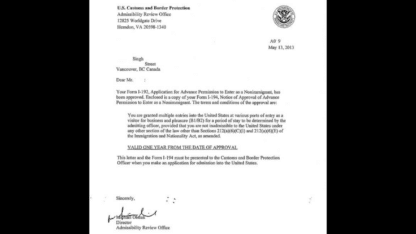
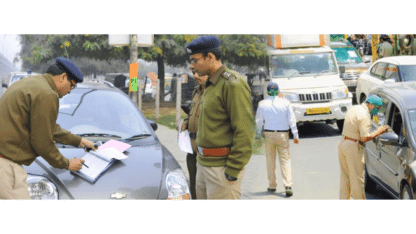





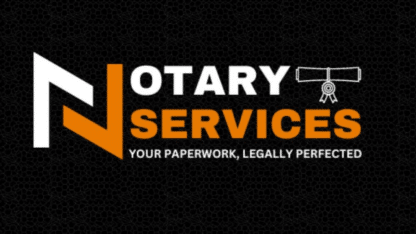


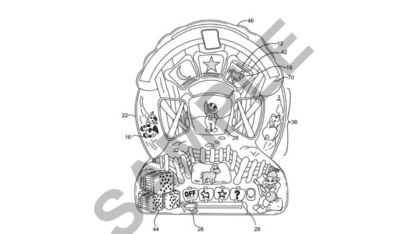
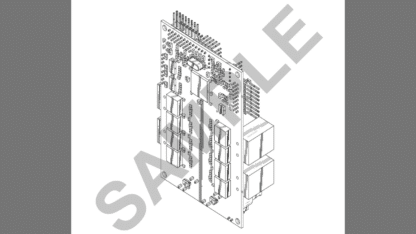







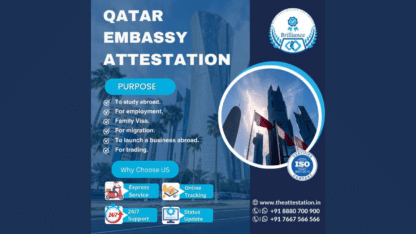





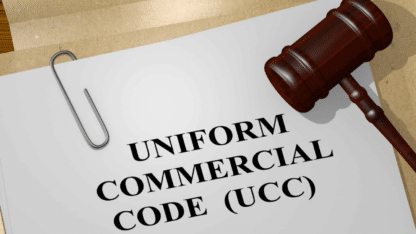


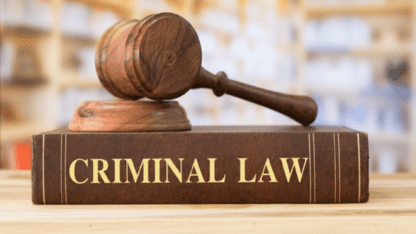



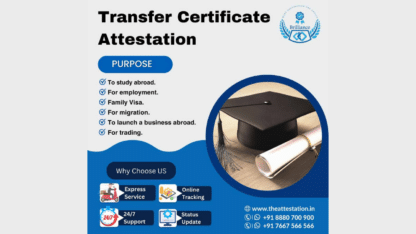

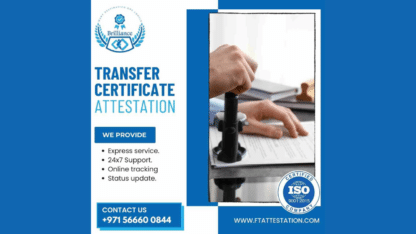







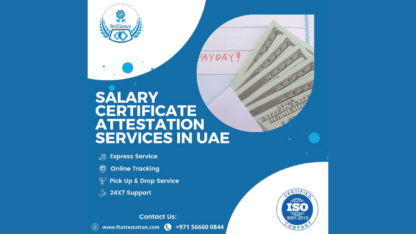
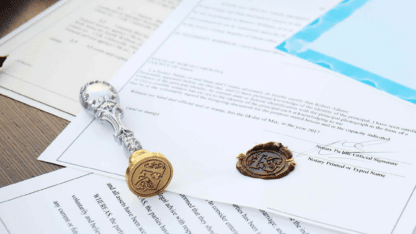



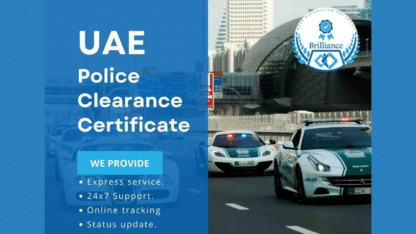










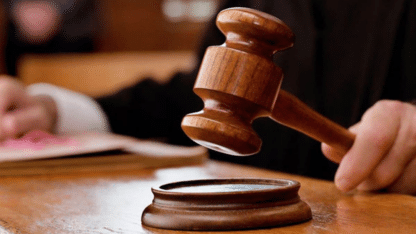





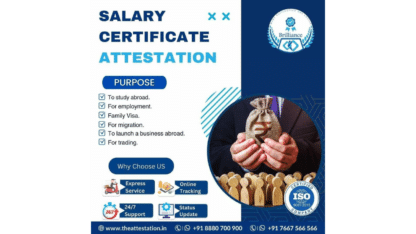
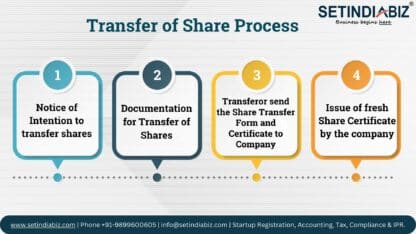

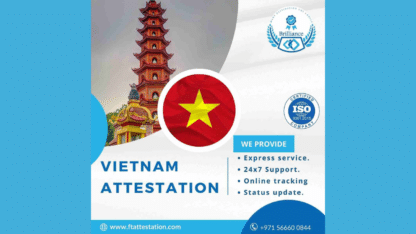

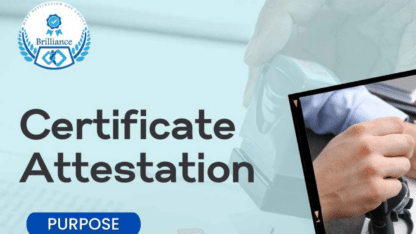
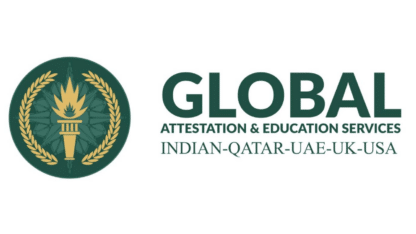







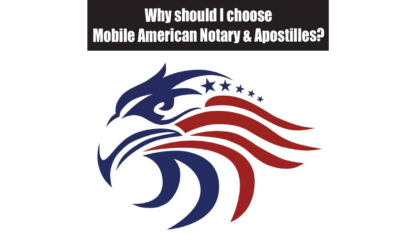






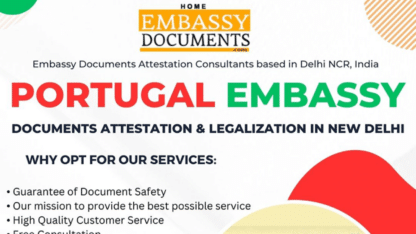


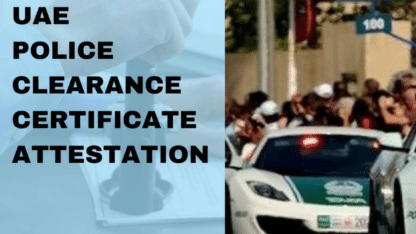



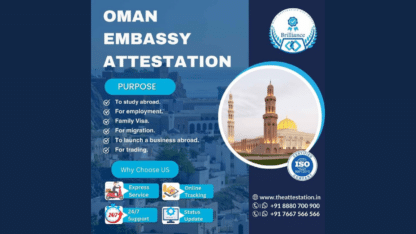

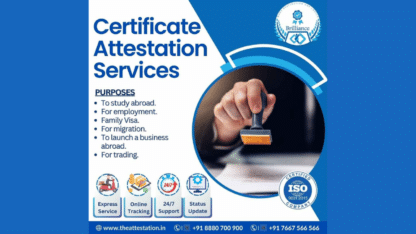

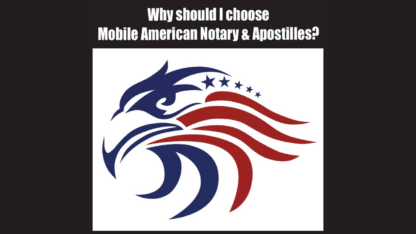



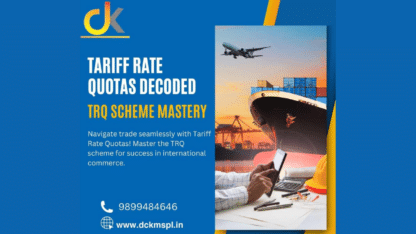

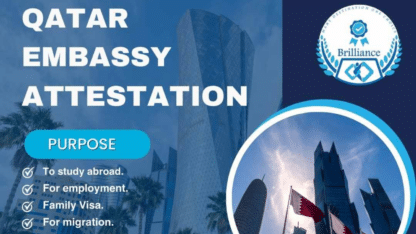
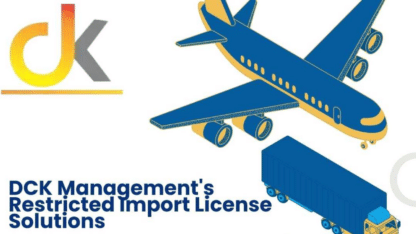








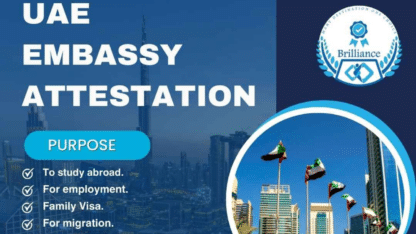
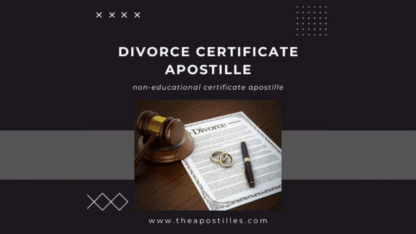
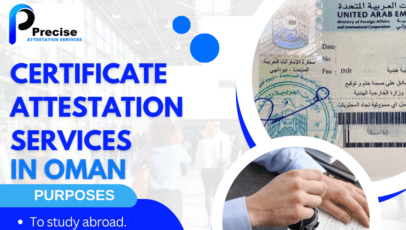


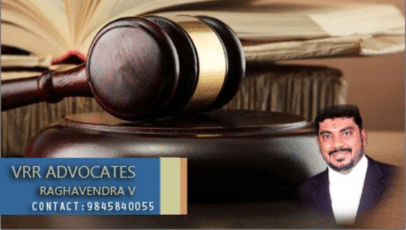
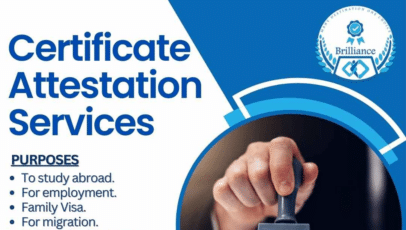
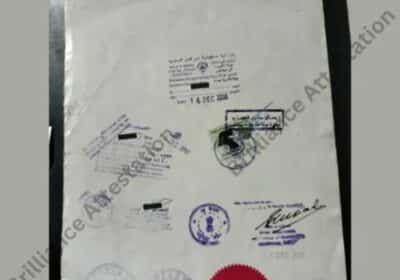
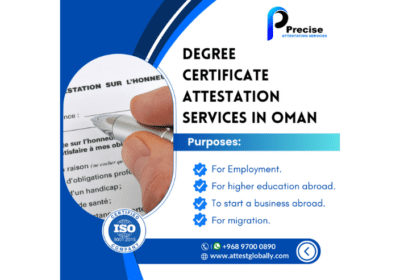
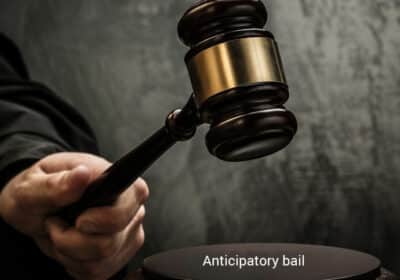

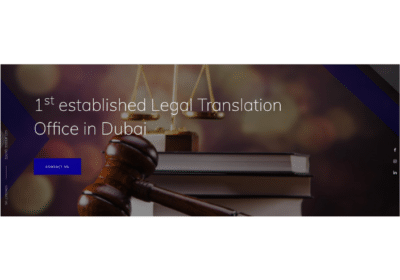



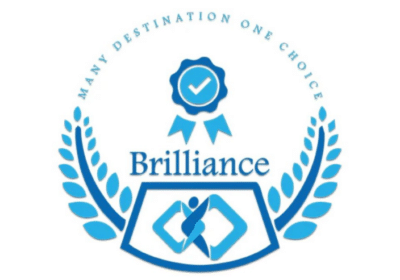

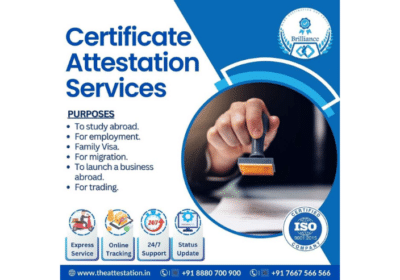







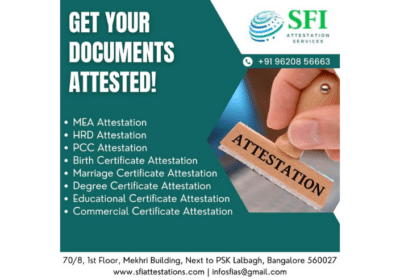





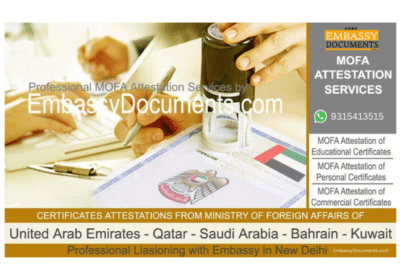
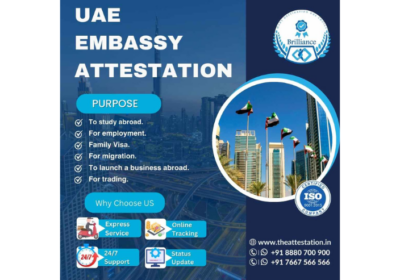

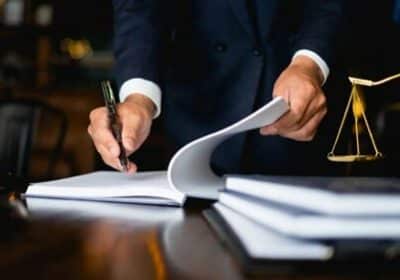


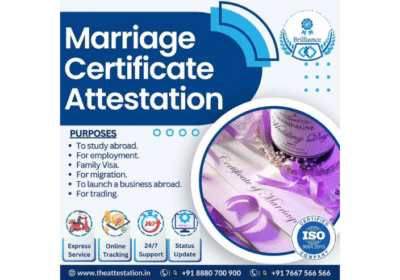



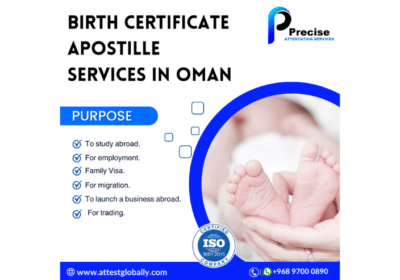




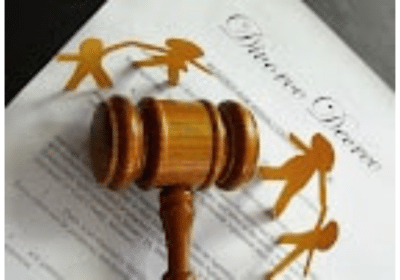

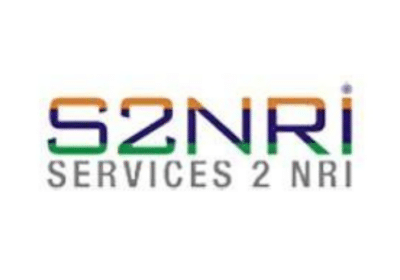




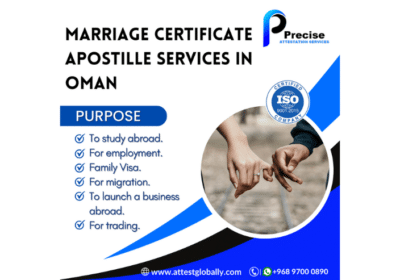
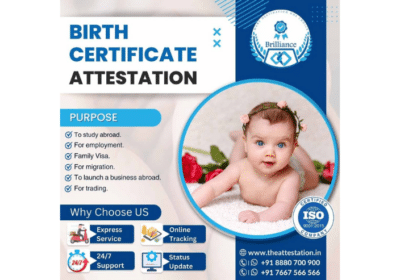


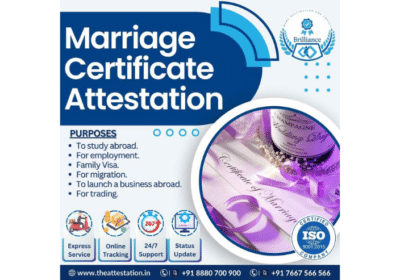


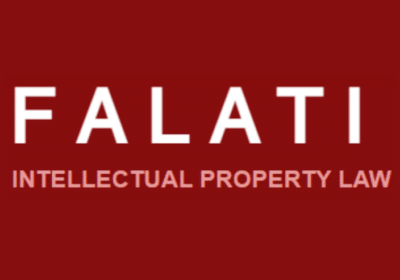






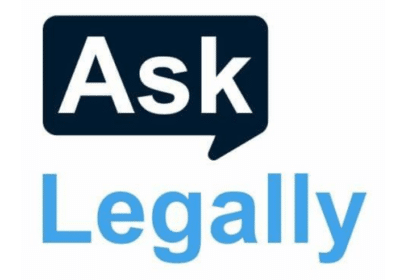

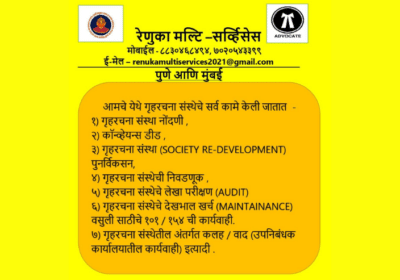
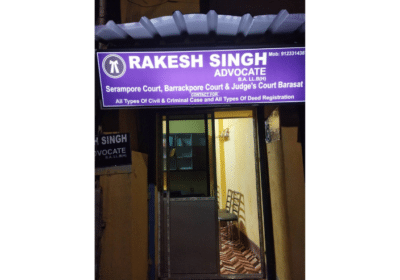




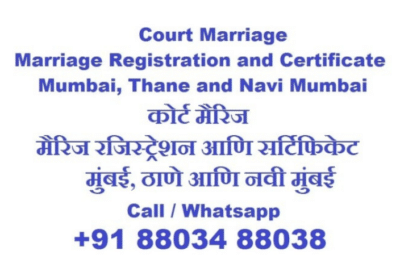
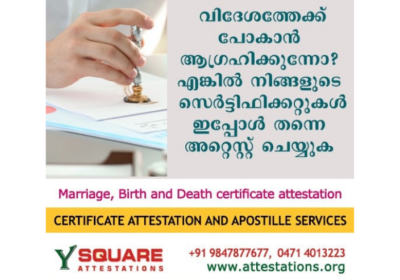




















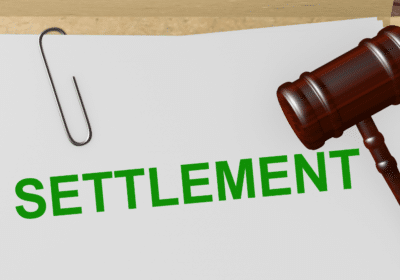
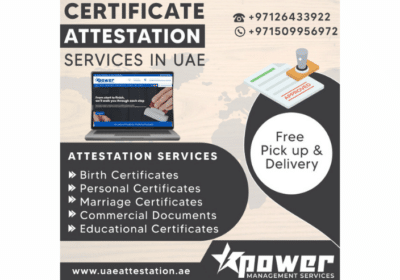
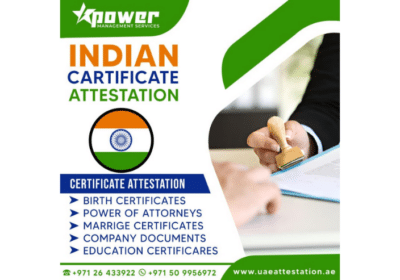
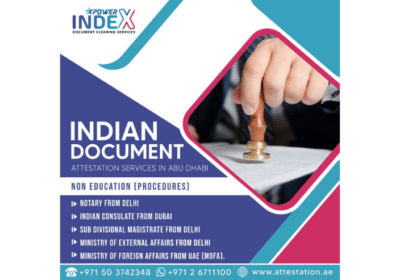












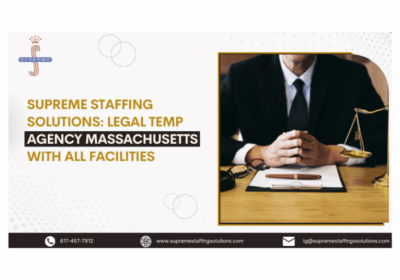


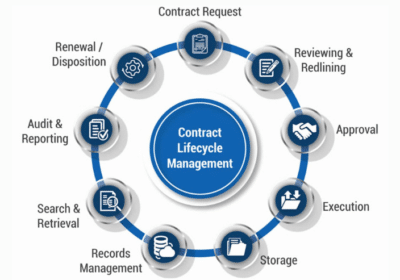
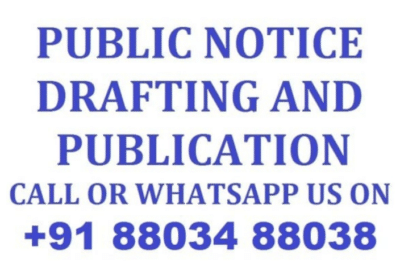





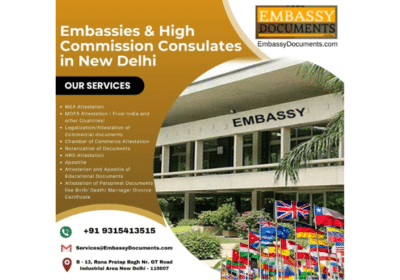
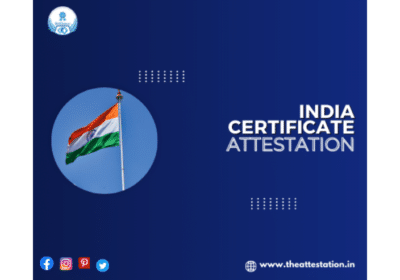


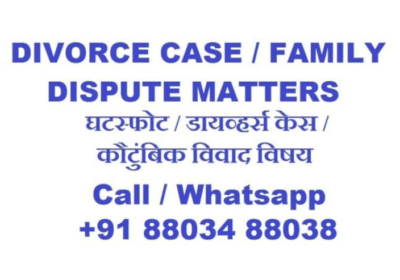












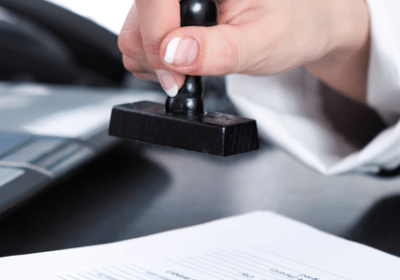







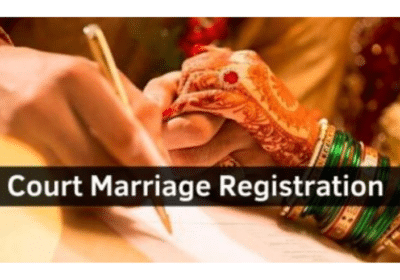





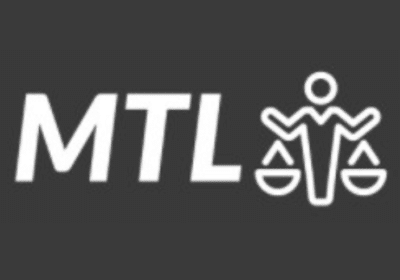











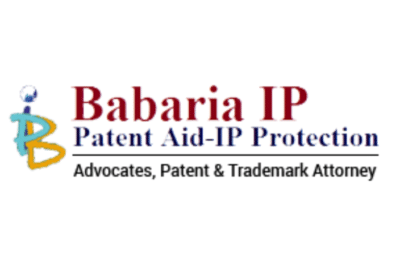








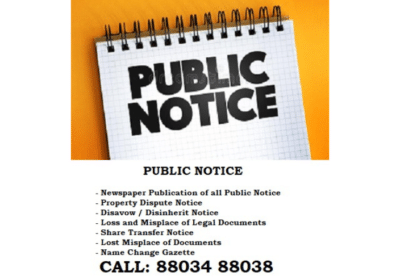


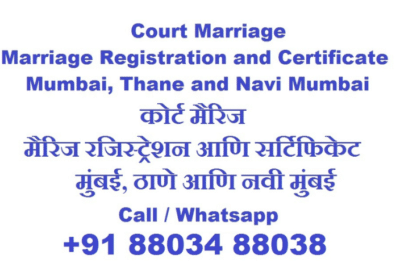



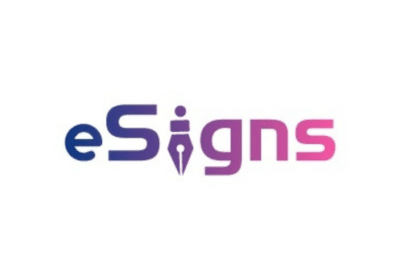
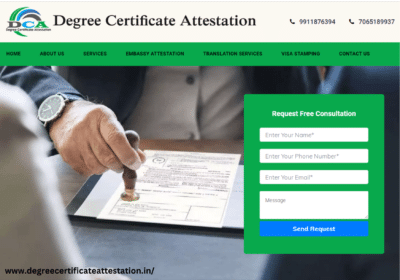
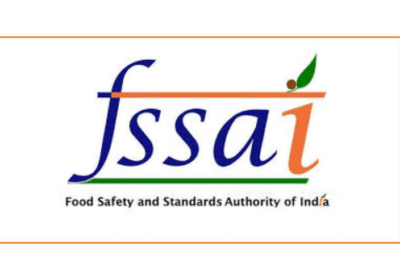





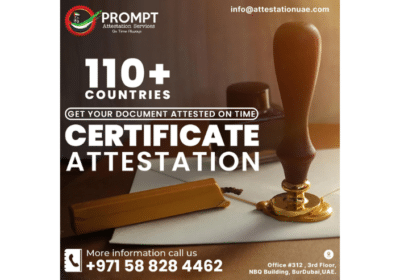




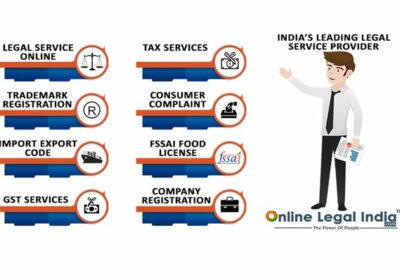


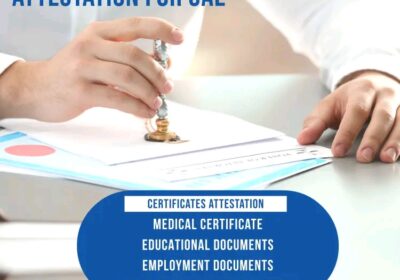






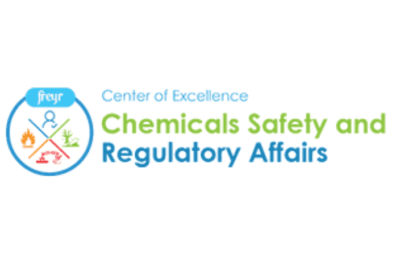






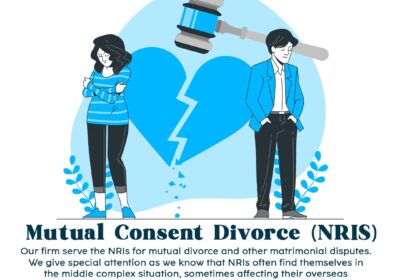











You must be logged in to post a review.